Institutions
- Home
- Institutions

Why should your institution offer ICDL Courses?
ICDL certification offers a unique cross-disciplinary advantage, benefiting students in various fields of study, including business, sciences, and humanities. Graduates with ICDL certification possess a versatile skill set that aligns seamlessly with the ever-evolving demands of the professional landscape. This strategic approach not only enhances academic success through improved research and presentation skills but also underscores the institution’s commitment to providing a globally recognised and relevant education.
Testimonies From Universities Across The Globe
Integrating ICDL for Digital Education in Universities and Colleges.
In today’s digital era, equipping university students with essential digital literacy skills is paramount. Implementing ICDL in universities and colleges goes beyond bridging the digital skills gap; it transforms these skills into life essentials crucial for future success and career advancement. Recognised globally, ICDL not only signifies the quality of learning content but also serves as a credential acknowledged by employers worldwide.
Digital Divide and Skills Gap: ICDL addresses the digital divide and empowers students to acquire skills vital for future digital advancements and economies.
Curriculum Integration: Embedding ICDL modules into the academic curriculum as a compulsory part, ensures a standardised approach to digital education across disciplines.
Assessment and Certification: Integrating ICDL tests into course evaluations allows successful completion to be highlighted on student transcripts as an internationally recognised certification.
Creating Digital Skills Learning Pathways using Micro-credentials (Elective Route):
Identification of Digital Skills Gaps: Conduct assessments using tools like ICDL Compass, surveys, or collaboration with industry partners to identify digital skills gaps among students.
Design Skills Acquiring Pathways: Develop industry-specific learning pathways based on ICDL modules, tailoring content to meet the needs of business, engineering, humanities, and other disciplines.
Elective Courses: Offer micro-credentials as elective courses, allowing students to customise their learning journey based on their interests and career aspirations.
Recognition of Digital Skills: Recognise prior learning experiences and track students who successfully complete ICDL certification, integrating this recognition into academic transcripts or certificates.
Self-guided E-Learning: ICDL offers self-paced online modules accessible at any time, covering the curriculum comprehensively.
Asynchronous E-Learning: Facilitate asynchronous discussions through discussion forums, allowing collaboration and knowledge sharing.
Physical Face-to-Face Classroom Instruction: Traditional classroom sessions with instructors delivering ICDL content, ensuring engagement and understanding.
Synchronous Learning: Live Online Classes: Real-time, instructor-led classes through video conferencing platforms.
Virtual Labs: Simulate hands-on experiences synchronously, allowing students to practice and apply skills.
Hybrid:
Blended Learning: Combine face-to-face sessions with online components for a balanced approach.
Flipped Classroom: Provide instructional content online, reserving in-person time for interactive discussions and application exercises.
Success Stories

The Federal Polytechnic, Offa.
The Federal Polytechnic, Offa, is a Nigerian tertiary institution located in Offa, Kwara State. Established in 1992. The polytechnic offers National Diploma and Higher National Diploma courses at undergraduate levels.

Ahmadu Bello University, Zaria.
Ahmadu Bello University is a federal research university located in Zaria, Kaduna State. Opened as the University of Northern Nigeria, and is now named for Ahmadu Bello, the first premier of Northern Nigeria.
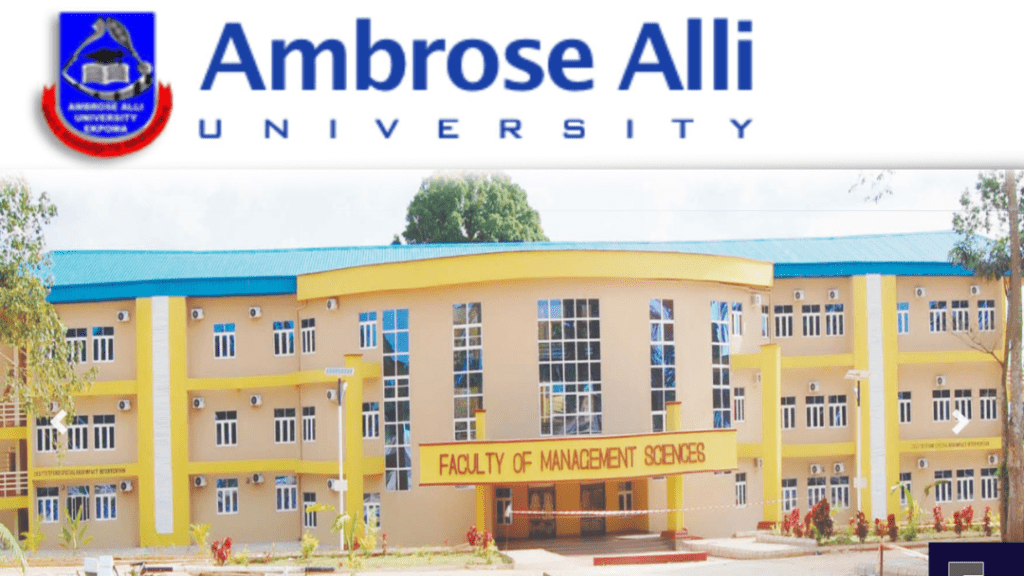
Ambrose Ali University, Ekpoma.
Ambrose Alli University (AAU) is a state-owned university in Edo State, Nigeria, established in 1981. AAU is accredited and recognized by the National Universities Commission (NUC).
Other Partnered Institutions

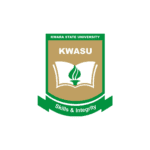
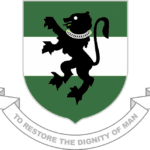
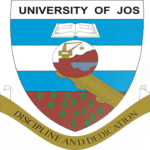
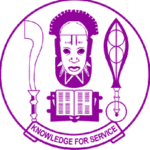
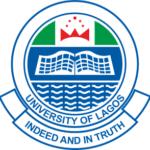
Register an Institution to ICDL
ICDL is actively seeking to establish partnerships with tertiary academic institutions of all types. We are eager to collaborate with universities, colleges, and other higher education providers to enhance the quality and reach of digital literacy education.